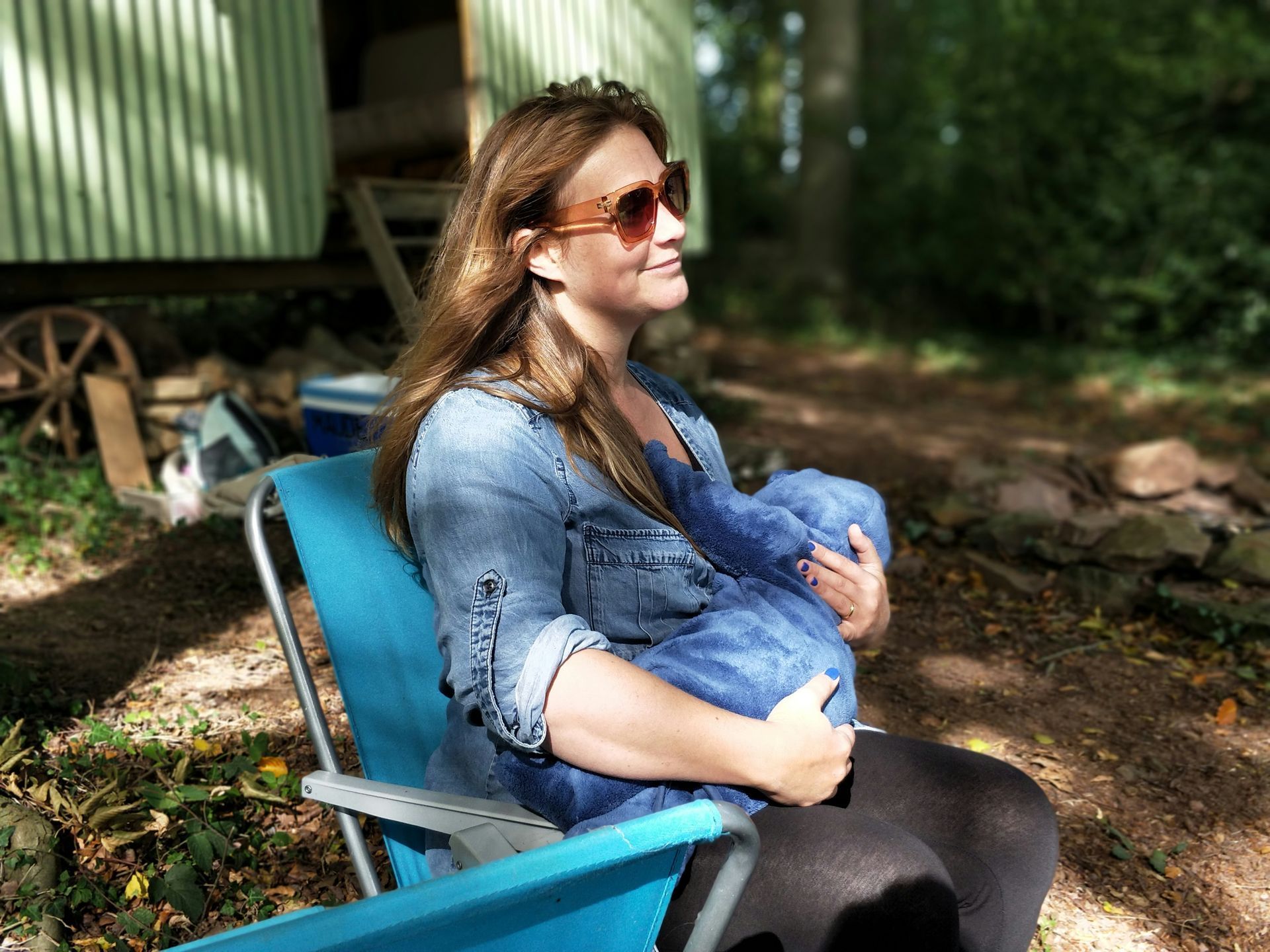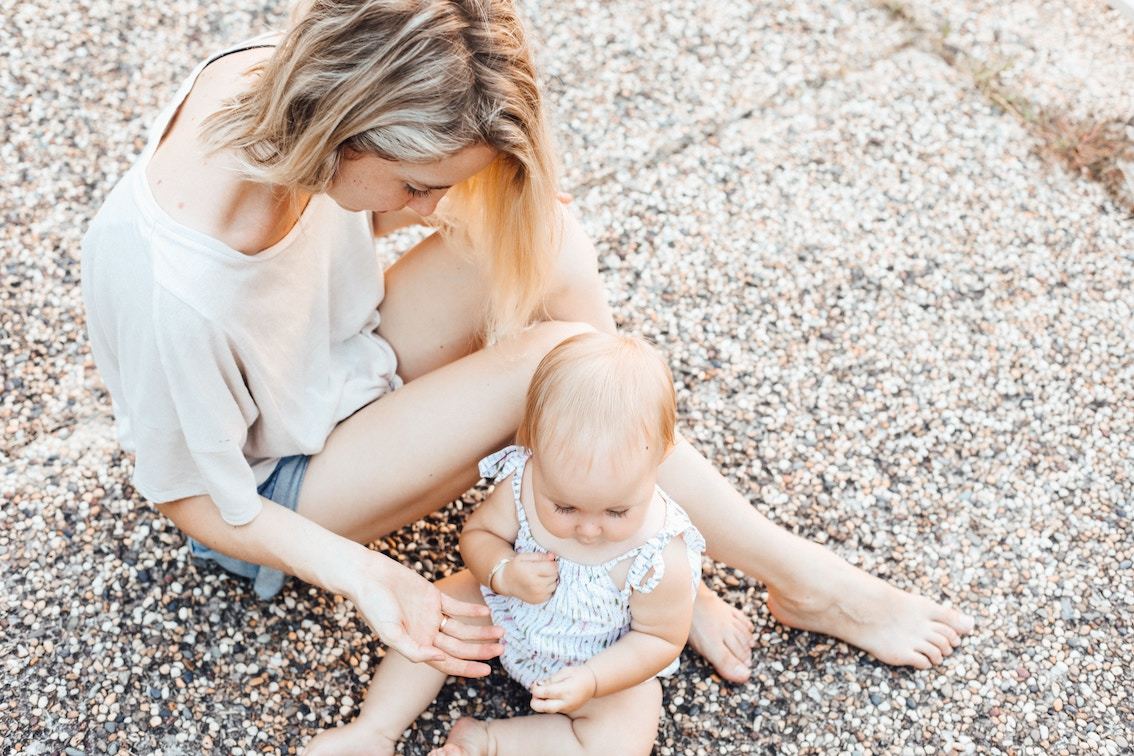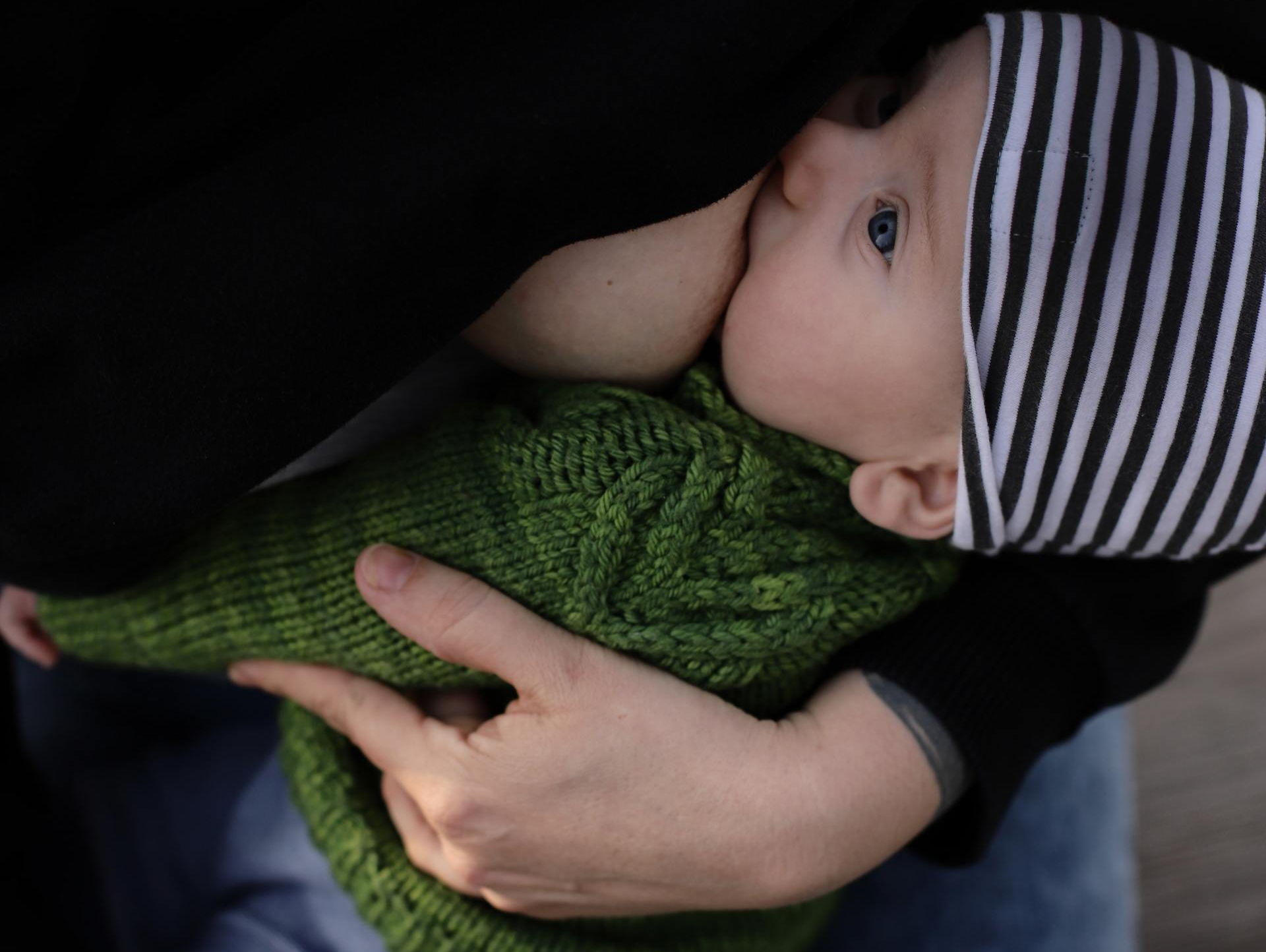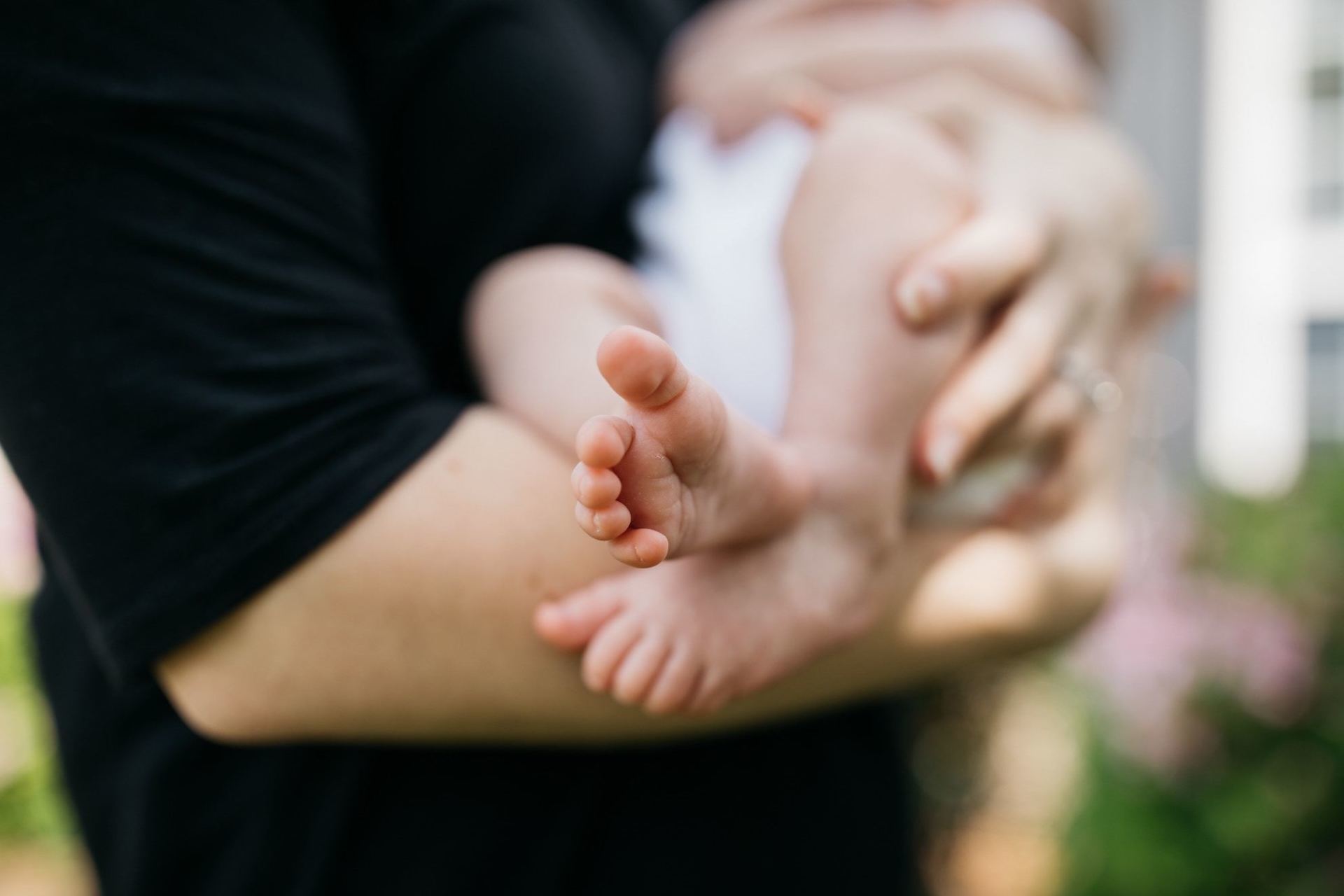Should I Space Out My Baby's Feeds?
Dr Sonja Morgan
How to space out feeds, when do babies space out breastfeeds, and how to space bottle feeds are common questions from new families when they are considering establishing a routine for their new baby. In this article, GP Lactation Consultant Dr Sonja Morgan
discusses how to approach timing of your baby's feeding. So, should you space out your baby's feeds? Read on to find out...
How do I know when my baby is due for a feed?
Knowing when a baby is “due” for a feed may give a family a sense of control back into their lives, however unfortunately spacing feeds by the clock has many downsides.
How long should I leave between newborn feeds?
Firstly, it is a myth that waiting a good 3-4 hours between feeds so that your baby is hungry will make them have a bigger feed and put on more weight. The opposite is actually true. Breasts produce water faster than they produce fat – this means that the longer it is been since the last feed, the more dilute the breastmilk is and the fewer calories it contains for the same volume of milk. More frequent feeding supports your baby to receive milk with a higher fat content and has been shown to increase baby’s weight faster than spacing feeds.
Spacing feeds out also sends a feedback signal to your breasts to tell them that less supply is needed. Feeding more frequently is the quickest way to increase your milk supply so that more milk is available for you baby. Being flexible with feeding also allows your baby to adjust their intake to their constantly changing needs, such as during growth spurts or times of illness.
How much should my baby drink?
It is important to remember that your baby uses a feed for more than just to receive a volume of milk. Your baby uses a feed as a way to calm down and relax, especially if they are upset. When they are feeding they feel safe and have a release of “feel-good hormones” which make them feel calm. This is similar to babies who use sucking their thumb or sucking on a pacifier to calm down. So responding to your baby's needs is more important than measuring the volume of a feed.
Feed your baby when they are hungry
Lastly, being flexible with offering feeds is a wonderful way to get to know your baby and for them learn that you are responding to their cues. Just like us they will have times when they are only a little bit hungry for a snack (like when we have a cup of tea and a biscuit) and other times when they are very hungry (like when we go out for a big dinner). If we listen to them tell us when they are hungry and how hungry they are, this is wonderful way of letting them respond to their own body’s cues of when they are hungry and when they are not. In the long term, this is the best way for them to eventually build a good relationship with food and to help prevent food issues such as toddler fussiness later on.
Breastfeeding Support for Newborns
For more help with any breastfeeding issues, feel free to book an appointment with Lactation Consultant Sam Foster or with GP / Lactation Consultant Dr Sonja Morgan at Growlife Highgate Hill.







